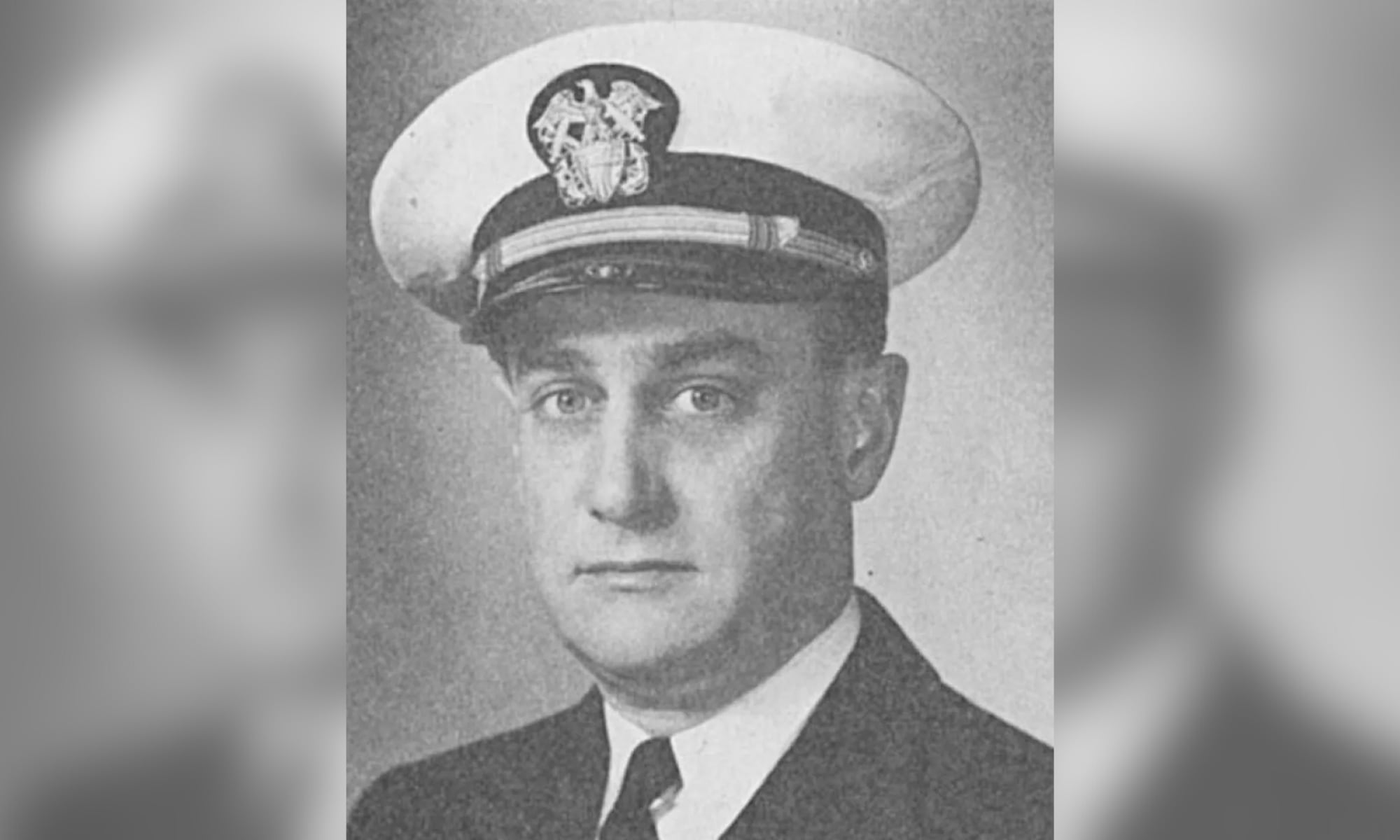Rep. Joe Heck, R-Nev., on Friday floated the idea of opening more military hospitals, including the Defense Department's flagship, Walter Reed National Military Medical Center in Bethesda, Maryland, to emergency civilian trauma cases.
Speaking at a House Armed Services personnel subcommittee hearing on military medical readiness, Heck, subcommittee chair and an emergency medical physician, said when considering potential reforms to the defense health system, medical proficiency must be a priority.
Heck asked Army Lt. Col. Jean-Claude D'Alleyrand, chief of orthopedic traumatology service at Walter Reed-Bethesda, whether he would benefit professionally from an arrangement between the hospital and civilian emergency services. Some Army hospitals, including Madigan Army Medical Center, Washington state, and Brooke Army Medical Center, Texas, already have such agreements.
"Without question," D'Alleyrand responded. "If you look at any job, any skills — a musician, a professional athlete — you would never consider being an expert in the field by dabbling."
D'Alleyrand said he maintains his skills when he is not deployed by moonlighting two weekends a month at a trauma center and paying, out of pocket, for trauma care courses.
Heck said the military health system must figure out how to preserve the lessons and skills learned in the past 14 years.
"It is crucial that military trauma teams have the proper patient volume and case complexity during times of limited deployment so they can maintain the skills needed in combat," Heck said.
The hearing, on military medical readiness, is the fifth since December on defense health care. The House and Senate Armed Services committees have been trying to improve their understanding of military medicine and health care with an eye toward incorporating reform measures into the fiscal 2017 defense authorization bill.
The Military Compensation and Retirement Reform Commission last year made several recommendations on health care, including a proposal to allow military hospitals to take complex civilian trauma and illness cases to help maintain readiness.
D'Alleyrand said allowing military hospitals to treat tough civilian cases would benefit physicians as well as nurses and technicians.
"That at least gets the entire hospital ready for some measure of trauma. It's not going to necessarily be the blast wound, open-pelvis, fungus-infested, stuff we were seeing in Helmand province in '11 but the facility that is used to seeing high energy, constant flow, of trauma is going to be best suited for any situation," D'Alleyrand said.
Patricia Kime is a senior writer covering military and veterans health care, medicine and personnel issues.





